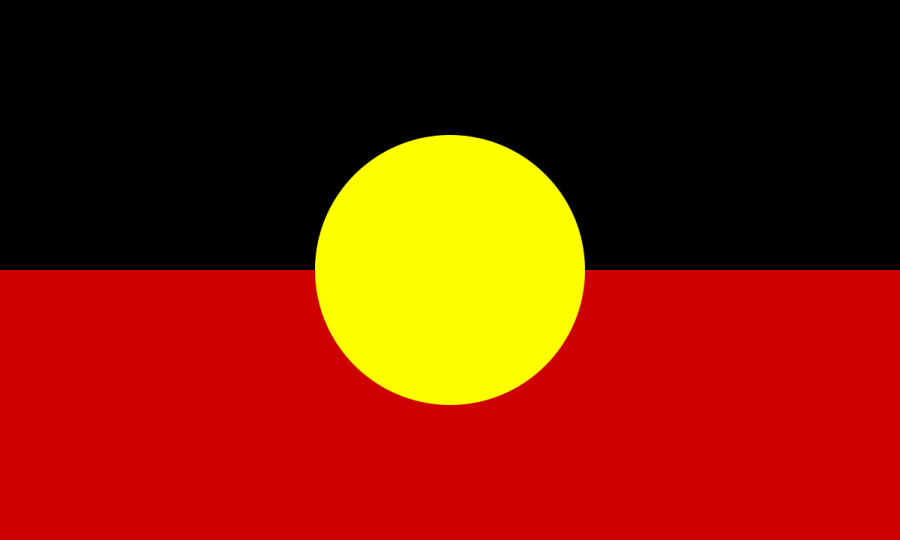As Ellen Lutz reports in her letter on page 3, the administration of Australian Prime Minister Kevin Rudd announced on April 3 that the country will endorse the UN Declaration on the Rights of Indigenous Peoples. The decision comes on the heels of Rudd’s recent speech apologizing to Aborigines for the government’s former policy of forcibly removing Aboriginal children from their families and placing them with white families or institutions—the so-called Stolen Generations. Taken together, the actions mark a major change from the policies of the preceding Howard administration, which was a staunch opponent of the declaration and no friend to Aboriginal peoples.
Then, on April 9, in another indication of sea change, the Rudd government announced that it was open to the idea of reversing the burden of proof requirements for Aboriginal groups pursuing land claims. Until now, Aboriginal groups had to prove an ongoing connection to their land, which was often difficult because they had been forced off the land through colonization and government policies. But the chief justice of the High Court, Robert French, has recommended that the process start with the assumption that Indigenous Peoples havehad “continuous existence and vitality since sovereignty.” Under this policy, the government would have to prove otherwise, making it far easier for Aboriginal groups to reclaim their lands. “The strong statement leaves no doubt that there has been a genuine change in the official position,” says Cultural Survival board member Les Malezer, “though actions by the government will ultimately speak louder than words. The door has clearly been opened for us, as Aboriginal people, to being negotiations for self-determination.”

